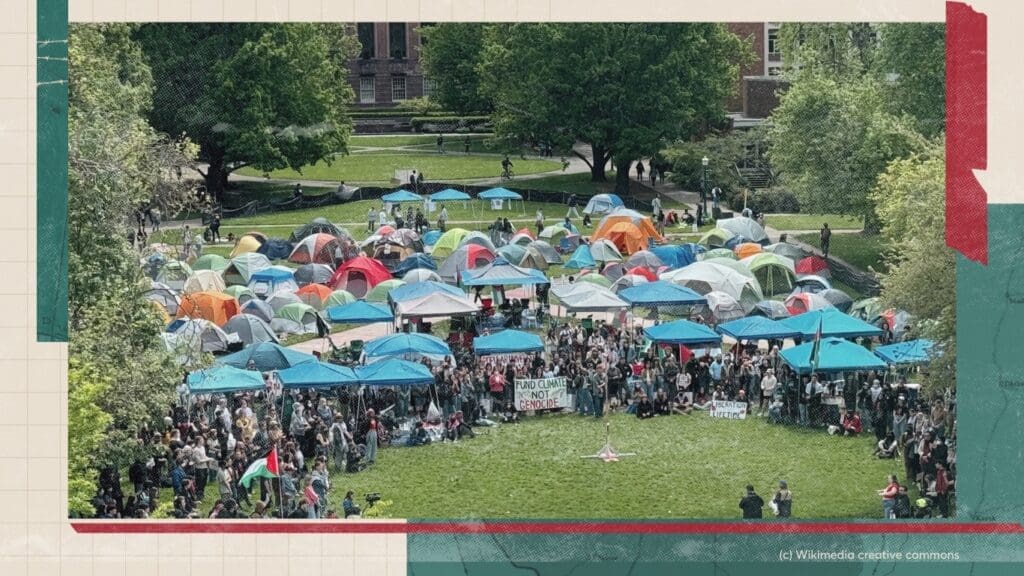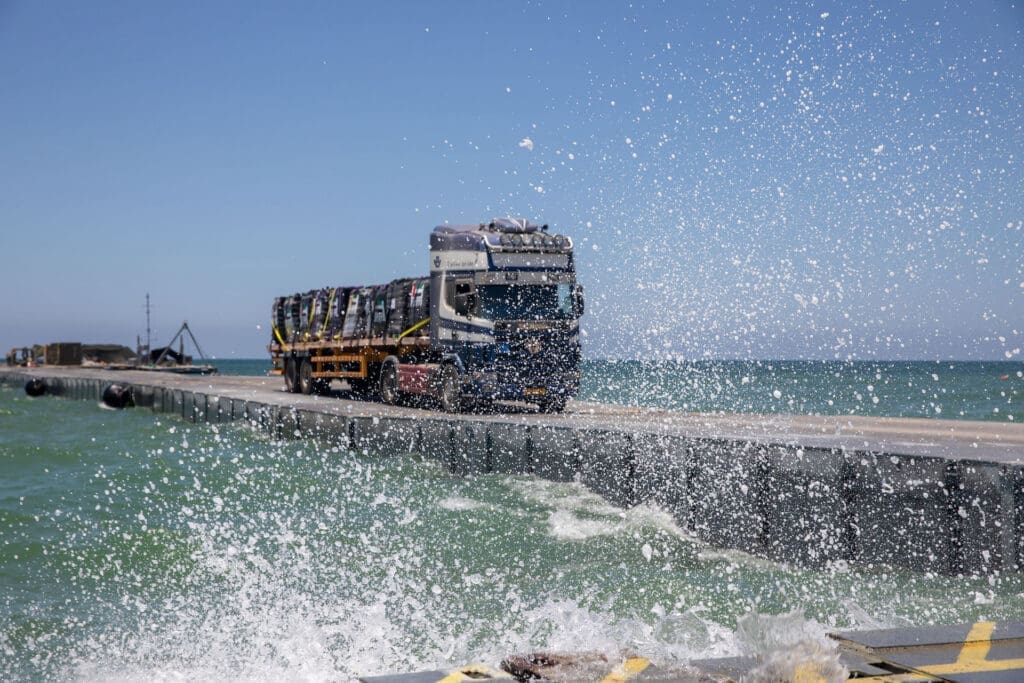Though Refqa Abu-Remaileh became a member of Al-Shabaka’s board this year, she is no stranger to the organization, having joined as a policy analyst in 2016. Dr. Abu-Remaileh grew up in Jordan and Canada before pursuing her master’s and doctorate in Arabic literature and film at Oxford University. She then worked at the Oxford Research Group in London for several years before returning to academia, eventually settling in her current position of Professor of Modern Arabic Literature and Film at the Freie Universitat in Berlin. Al-Shabaka sat down with Dr. Abu-Remaileh to learn about her research, her views on Al-Shabaka’s role, and how she’d like to see the organization grow.
Please tell us about your academic work and how it relates to Palestine.
My current project, “PalREAD – Country of Words,” funded by the European Research Council, focuses on how Palestinian literature came to be a national literature without a nation state. It explores how the literature evolved in fragmented ways, across different geographies and periods, examining the debates, topics, turning points, and controversies. I consider the early 20th century until the present, including the Ottoman and Mandate periods. It is important to go back to periods before 1948 to truly understand the total destruction and devastation of an entire culture.
I recognize Palestinian literature as an anomaly in the Arab world – not in terms of its content, but in that it is primarily a literature of refugees and exiles. This is something that has been ignored because of the desire for the nation state. I also consider its connection with Latin America, which has not been looked at much. Latin America was where Palestinians first suffered displacement when a significant number were made refugees through the British Mandate’s Palestinian Citizenship Law in 1925. My aim, then, is to tell the story of Palestinian literature across time and space, from Latin America to Palestine, the Arab world, Cyprus, Europe, the US, and beyond.
Your project will culminate in a conventional book as well as other media. Can you tell us more?
The digital realm is vital for Palestinian literature because it is the only place where the fragments of its story can be housed in one place. One part of my project will be a conventional book, but the work is multilayered, and the digital sphere allows for that. A custom database was developed especially for the project to feature such items as literary networks, events, names, cafes where people met, and theaters – places that may no longer exist. Mapping these networks, people, and places means mapping simultaneous events taking place across different geographic areas. PalREAD’s online platform will include interactive timelines, maps, visualizations, and text. Such a medium provides a better way to capture the story than a conventional literary history. The project will be open access so everyone can use it.
What do you consider Al-Shabaka’s most important role?
Al-Shabaka was really groundbreaking in how it used the virtual realm to bring Palestinian people, knowledge, sources, and resources together. Now, with the COVID-19 pandemic, we must be online and we realize even more the potential of the digital sphere. Of course, even before COVID-19 many excellent digital projects existed, such as Palestinian Journeys, The Palestinian Revolution, and Palestine Open Maps. But Al-Shabaka was an early precedent.
How would you like to see Al-Shabaka grow?
I would like to see Al-Shabaka integrate the cultural and literary realm into its work, though of course it would have to be within the organization’s mandate and have a policy dimension. If I can make contributions along those lines, I would love to. I would also like to see more connections between Al-Shabaka and Palestinians in Latin America.








